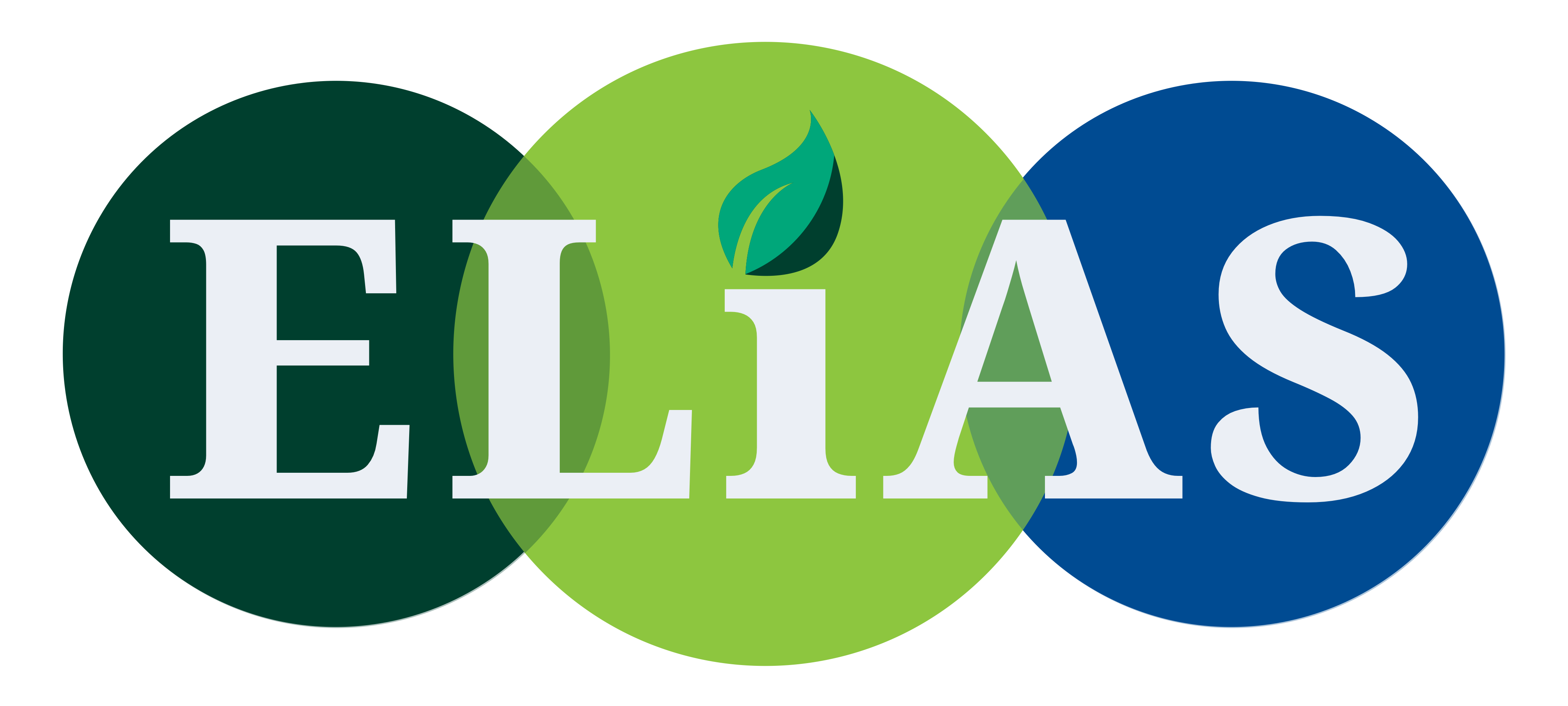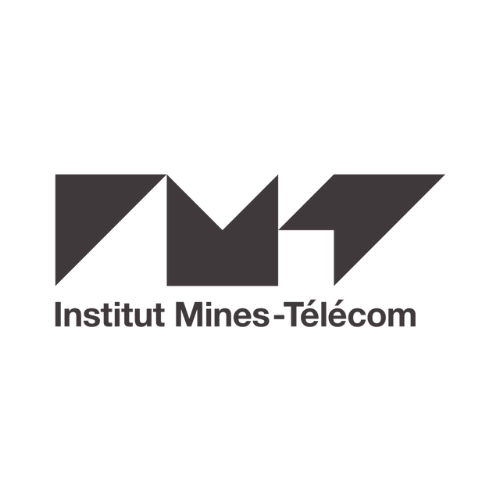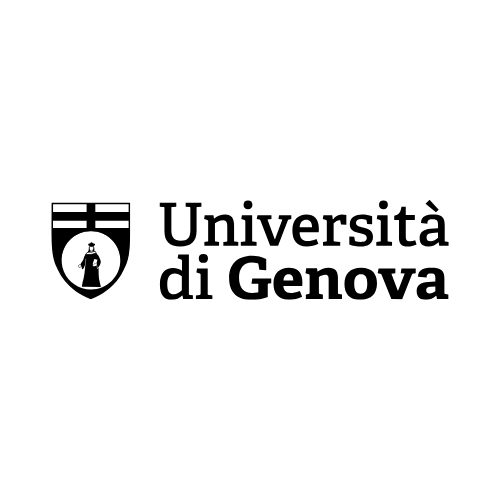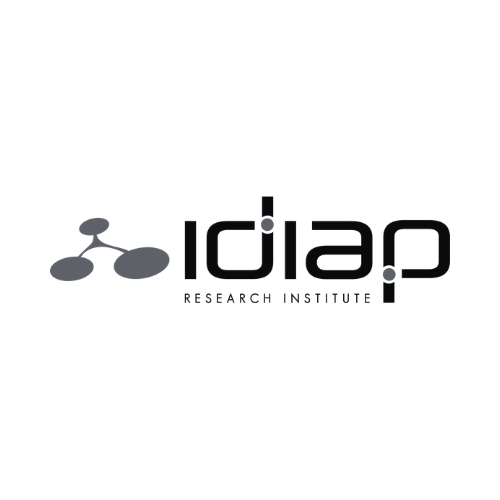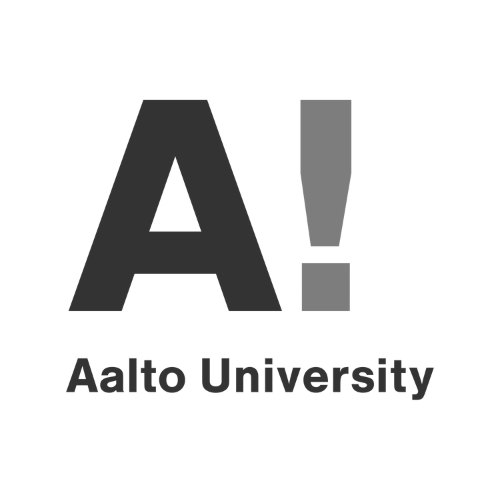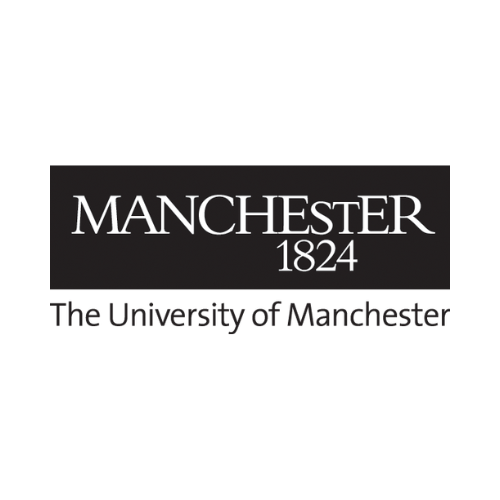ELIAS is a consortium of 35 top European institutions from 17 countries.
The members have been carefully selected to guarantee both an excellent scientific level as well as a broad and complementary expertise, which is essential to address our ambitious goals. The scientific excellence of the consortium is guaranteed by the leading position of the members in their respective fields, as measured by their international visibility and impact. The consortium is well- balanced in terms of country representation, with members from all over Europe.
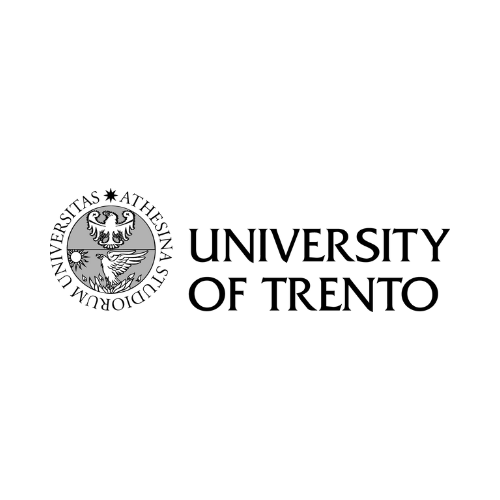
University of Trento (UNITN)
UNITN has significant experience and scientific expertise on the technical aspects of the project, and in particular regarding the development of novel machine learning approaches applied to human behavior understanding and trustworthy and explainable AI. Furthermore, the team has a successful track record of participating in EC-funded research projects and organising scientific conferences and events.
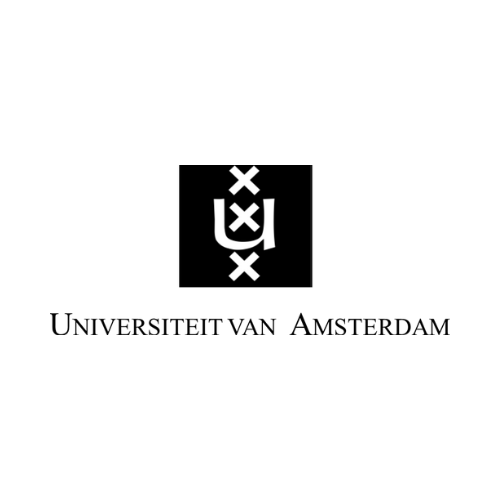
University of Amsterdam (UvA)
The ELLIS Amsterdam Unit comprises 11 fellows and scholars who conduct fundamental research and develop infrastructure for excellence in machine learning in the Netherlands and throughout Europe.
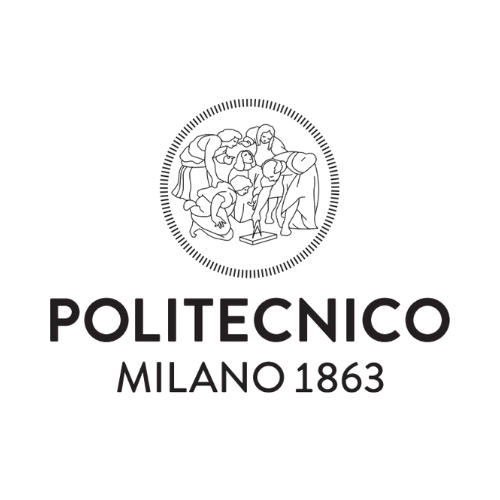
Polytechnic University of Milan (POLIMI)
The Department of Electronics, Information and Bioengineering (DEIB) is one of the largest European ICT departments. With nearly 1000 members, the Department is a vital institution capable of promoting education, fundamental and applied research, and technology transfer to companies. Research is the main focus of DEIB, pursued according to the highest international quality standards.
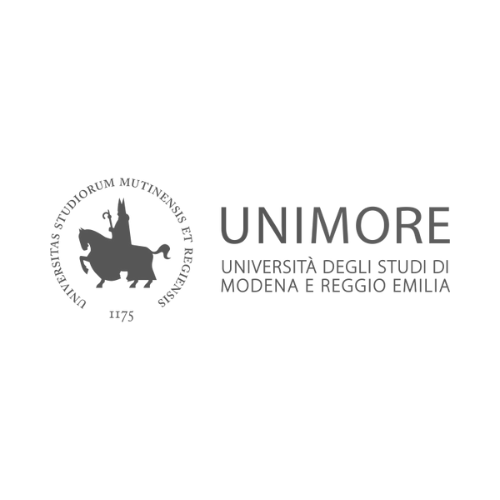
University of Modena and Reggio Emilia (UMORE)
The University of Modena and Reggio Emilia is committed to high-quality research. It is ranked among the top 8 comprehensive universities in Italy for its high level of research, according to the most recent assessment of the Italian Ministerial Committee for the Evaluation of Research (CIVR). Ongoing research is conducted by 21 university departments representing all the principal disciplines, and the main areas of expertise are engineering, medicine and economics.
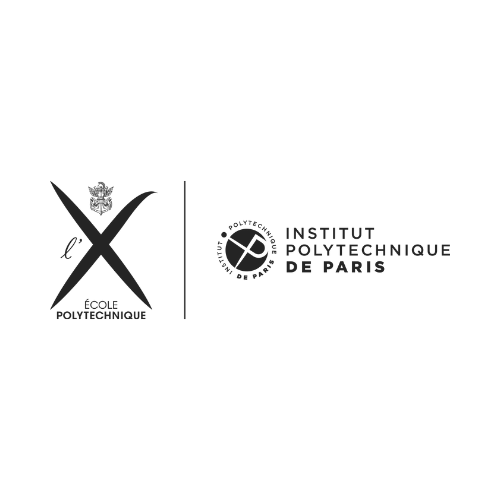
Polytechnic Institute of Paris (IPP)
The University of Modena and Reggio Emilia is committed to high-quality research. It is ranked among the top 8 comprehensive universities in Italy for its high level of research, according to the most recent assessment of the Italian Ministerial Committee for the Evaluation of Research (CIVR). Ongoing research is conducted by 21 university departments representing all the principal disciplines, and the main areas of expertise are engineering, medicine and economics.
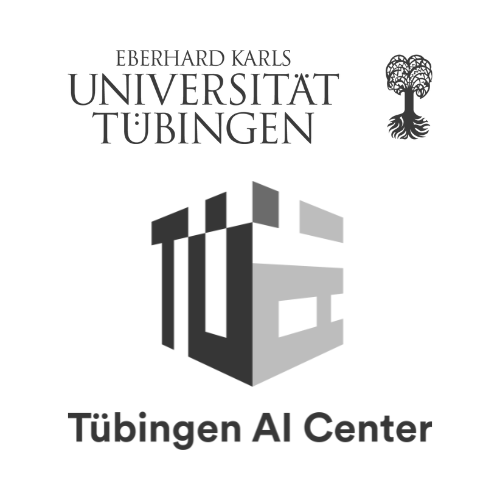
University of Tubingen (UT)
The Tübingen AI Center, a joint partnership between the University of Tübingen and the Max Planck Institute for Intelligent Systems, is dedicated to advancing the frontiers of machine intelligence. Our mission is twofold: to develop robust learning systems that can match the effectiveness of biological systems and to ensure the societal benefits of AI. The Tübingen AI Center stands at the forefront of machine intelligence innovation.
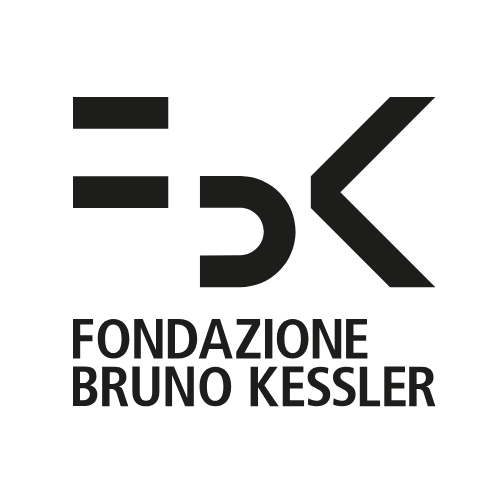
Fondazione Bruno Kessler (FBK)
FBK is the top Research Institute in Italy, ranked at the 1st place for scientific excellence within 3 different subject areas and for the economic and social impact according to the latest quality of research ANVUR evaluation. FBK directs its research to the experimentation of Artificial Intelligence that collaborates with people and does not replace them. FBK’s holistic vision directs the multiple skills for scientific-technological innovation and for social and cultural innovation to AI.
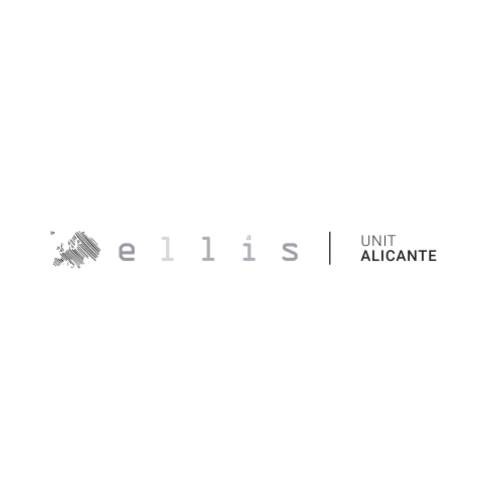
Ellis Alicante Foundation (ALC)
ELLIS Alicante is a private non-profit foundation that is creating a world-class research team focused on AI research for the Social Good, analysing and addressing the ethical implications of AI and the relationship between people and intelligent systems. Our vision: we strongly believe in the potential of Artificial Intelligence to contribute to progress, i.e. to improve the quality of life of all people on the planet, all other living beings and the planet itself.#AIforgood #AIforall
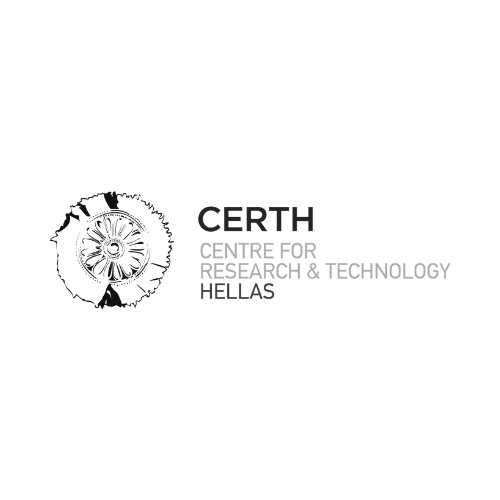
Centre of Research and Technology Hellas (CERTH)
The Information Technologies Institute (ITI) was founded in 1998 and is one of the research institutes of the Centre of Research and Technology Hellas (CERTH). It is considered the leading Greek institution in the field of Information and Communications Technology, having participated in more than 500 national and European R&D projects and also attracting numerous private contracts.The remarkable scientific work of ITI’s research personnel has led to more than 3,000 publications. (www.iti.gr)
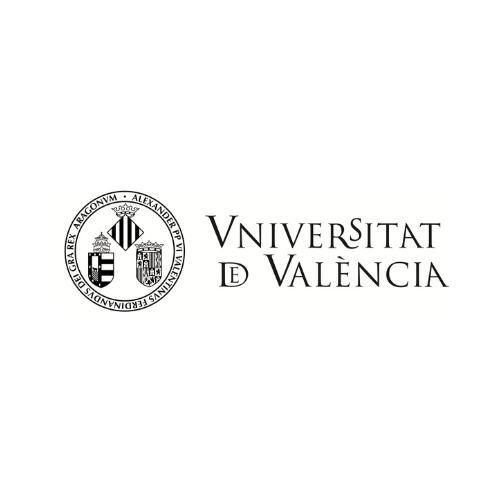
University of Valencia (UVEG)
Founded in 1499, UVEG is a prestigious public university (60000+ students, 60 labs, 60 departments) which offers a wide range of academic programs and excels in research, development, technological and cultural contributions to the society. Active in AI development across 10 departments and labs: Physics, Maths, Elec. Eng, Earth sciences, Law and Ethics.
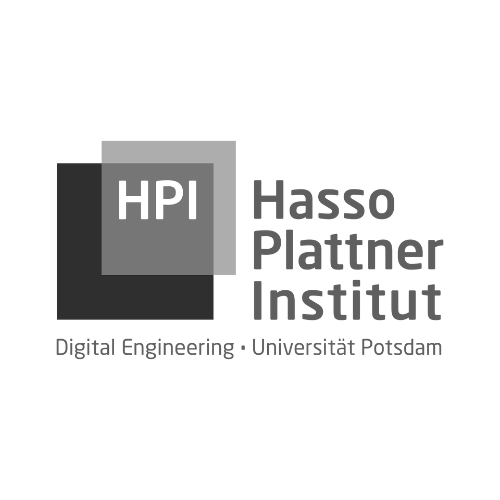
Hasso Plattner Institute (HPI)
HPI’s School of Entrepreneurship aims is to foster innovation and assist young talents in founding companies that have a sustainable impact.
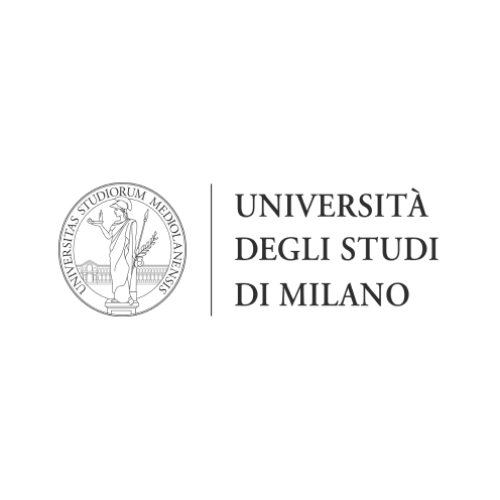
University of Milan (UNIMI)
The University of Milan is a public research university in Milan, Italy. It is one of the largest universities in Europe, with about 60,000 students, and a permanent teaching and research staff of about 2,000. The University of Milan has ten schools and offers 140 undergraduate and graduate degree programmes, 32 Doctoral Schools and 65+ Specialisation Schools. The University’s research and teaching activities have grown over the years and have received important international recognitions.

University of Copenhagen (UCPH)
With over 40,000 students and more than 9,000 employees, the University of Copenhagen is the largest institution of research and education in Denmark. The purpose of the University – to quote the University Statute – is to ’conduct research and provide further education to the highest academic level’.
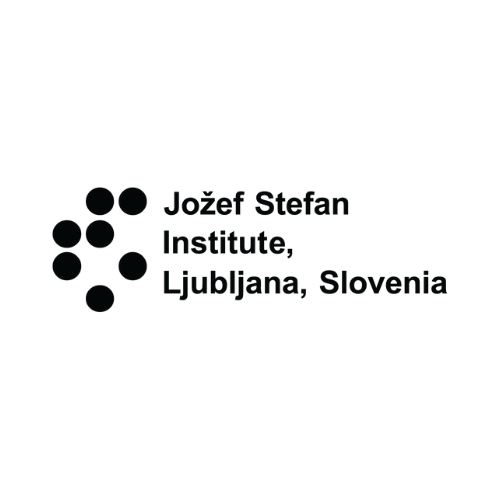
Jožef Stefan Institute (JSI)
The Jožef Stefan Institute is the leading Slovenian research organization. It covers a broad spectrum of basic and applied research in the fields of natural sciences and technology. Around 1200 employees specialize in research in physics, chemistry and biochemistry, electronics and information science, nuclear technology, energy utilisation and environmental science. More than 200 employees have habilitations at Slovenian universities and participate in the higher education process.
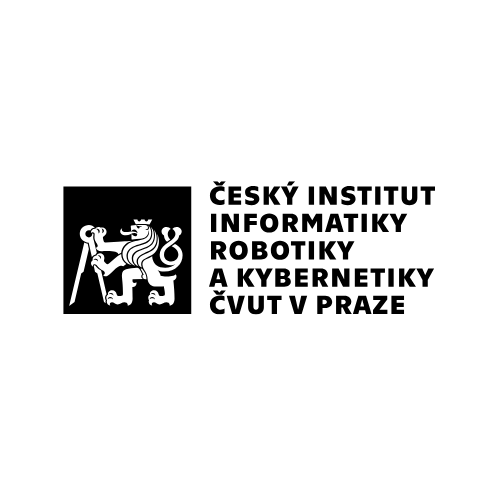
Czech Technical University in Prague (CTU)
Czech Institute of Informatics, Robotics and Cybernetics (CIIRC CTU) is a research institute of CTU which concentrates on cutting-edge research in the fields of computer science, robotics, cybernetics, artificial intelligence and related areas, especially computer vision, machine reasoning, planning and optimization, bioinformatics and natural language processing. Research is focused on high-impact applications in four areas: manufacturing industry, energy, smart cities, and a healthy society.
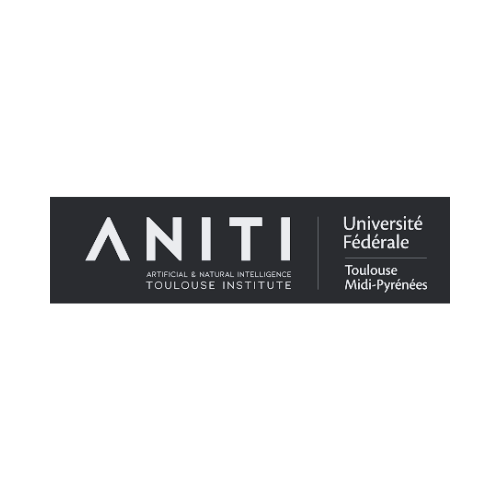
University of Toulouse (ANITI)
At the Center for Collective Learning (CCL), we are interested in understanding how knowledge moves, grows, and decays, from teams to nations, and from the past to the future. We study how technology, geography, and culture impact the growth and diffusion of knowledge using machine learning and data science tools. We are a multidisciplinary team of researchers based at the University of Toulouse, in France, and Corvinus University, in Budapest.
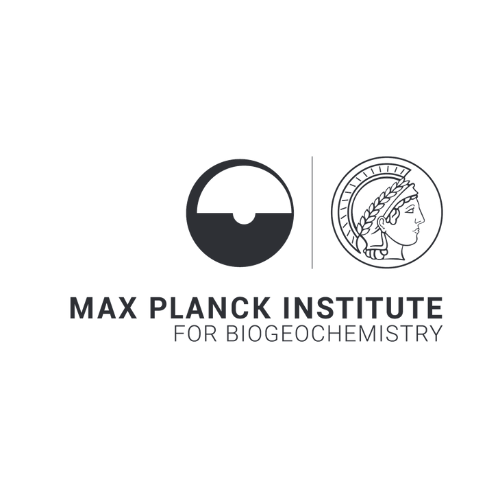
Max-Planck Institute for Biogeochemistry (MPG)
The BGI department at the Max-Planck Institute for Biogeochemistry focuses on understanding the interactions among three complex systems: climate, vegetation, and soil. BGI research combines experiments and in-situ long-term observation with Earth Observations gathered by aircraft and satellites across a range of spatial and temporal scales, and embrace data-driven machine learning and theory-driven mechanistic modelling.
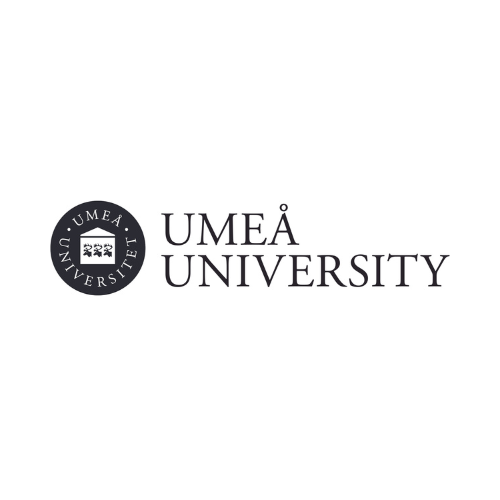
Umeå University (UMU)
The Computer Science department conducts research on a broad range of topics and offer courses and study programs at all levels. The AI research groups at the department conduct research on a broad range of topics relating to AI, social simulation, ethical AI, as well as resource management including planning, scheduling, analytics, behaviour modelling, autonomous systems, anomaly detection, decentralized resource management, instrumentation and distributed monitoring of heterogeneous systems.
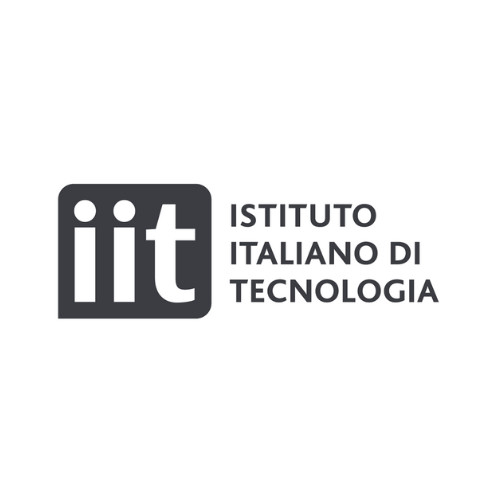
Istituto Italiano di Tecnologia (IIT)
Machine Learning Genoa Center (MaLGa) is a joint research center between computer science and mathematics. Its activities span a wide range of topics including Computer Vision, Computational Harmonic Analysis, Data Science, Statistical Learning and Optimisation. We strive to develop mathematically sound yet practical solutions to be deployed in real life problems. The main objectives of the center are pure research, knowledge transfer towards technological and industrial applications, and educational activities.
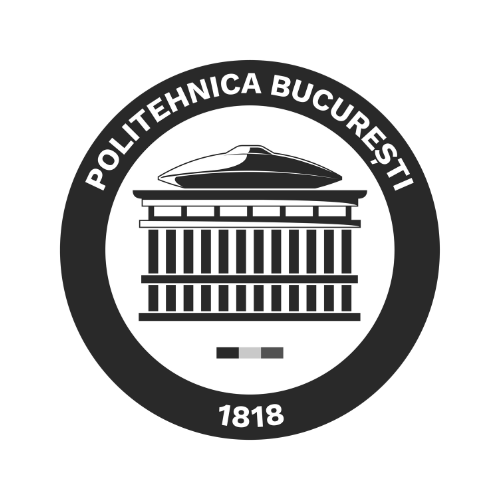
Universitatea Națională de Știință și Tehnologie Politehnica București (UNSTPB)
Largest, oldest and most prestigious technical university in Romania, founded in 1818. The computer science department at UPB has more than 4000 undergraduate and graduate students.

IDEAS NCBR (IDEAS)
IDEAS NCBR serves as a main Polish center of innovation in the field of Artificial Intelligence and Digital Economy. It is structured around several research groups and teams. IDEAS NCBR is committed to advancing higher education and academia and has established partnerships with numerous PhD programs in Poland. The center is dedicated to addressing significant challenges that have the potential to disrupt the status quo and bring about transformative change for businesses.

Bitdefender (BD)
Bitdefender provides cybersecurity solutions with leading security efficacy, performance and ease of use to small and medium businesses, mid-market enterprises and consumers. Guided by a vision to be the world’s most trusted cybersecurity solutions provider, Bitdefender is committed to defending organizations and individuals around the globe against cyberattacks to transform and improve their digital experience.

International Business Machines Corporation (IBM)
For 75 years, IBM Research has been propelling innovation for IBM, from the first programmable computers to the quantum computers of today. More than anything, our goal is to catalyze and drive the advancements that shape our world.With more than 3,000 researchers across the globe, we are anticipating, examining, and inventing What’s Next in science and technology every single day.

National Institute for Research in Digital Science and Technology (INRIA)
Inria is the French national research institute for digital science and technology. World-class research, technological innovation and entrepreneurial risk are its DNA. In 220 project teams, most of which are shared with major research universities, more than 3,900 researchers and engineers explore new paths, often in an interdisciplinary manner and in collaboration with industrial partners to meet ambitious challenges.

ROBERT BOSCH GMBH (RB)
The Bosch Center for Artificial Intelligence is a center for Artificial Intelligence (AI) excellence within Bosch Research. We enable Bosch to deploy cutting-edge AI technologies into products and services creating solutions that are truly “Invented for life”.

ROBERT BOSCH KFT (RBHU)
Robert Bosch Kft. is a commercial operation for sales of vehicle parts, vehicle diagnostic equipment, power tools, thermotechnology and security systems, the Bosch European Transport Management Center also operates here, as well a HR SSC. The company founded the Engineering Center Budapest in 2005 which has a constantly-rising profile in Bosch’s world-scale developments and plays an important role in the development of automated and electrified mobility.

Prometeia (PRM)

École d’Économie et de Sciences Sociales Quantitatives de Toulouse (TSE)
TSE is a leading French public higher‑education and research institution based in Toulouse, specialising in economics and quantitative social sciences. It operates under the Université Toulouse Capitole as an autonomous “Grand établissement” and delivers undergraduate, master’s and doctoral programmes grounded in rigorous analytical and empirical methods. With an internationally recognised faculty and strong research links, TSE fosters advanced study and interdisciplinary collaboration to address complex economic and societal challenges, while engaging actively in European research and innovation networks.
Affiliated Entities
Institut Mines-Télécom (IMT-TP)
Institut Mines-Télécom (IMT) is a French public academic institution dedicated to Higher Education and Research for Innovation in the fields of engineering and digital technology.
École Polytechnique (EP)
École Polytechnique, also known as Polytechnique or l’X is a grande école located in Palaiseau, France. It specialises in science and engineering and is a founding member of the Polytechnic Institute of Paris.
Università di Genova (UNIGE)
MaLGa is a joint research center between computer science and mathematics. Its activities span a wide range of topics including Computer Vision, Computational Harmonic Analysis, Data Science, Statistical Learning and Optimisation. It strives to develop mathematically sound yet practical solutions to be deployed in real life problems. The main objectives of the center are pure research, knowledge transfer towards technological and industrial applications, and educational activities.
Associated Partners
Idiap Research Institute (IDIAP)
The Institute is among the leaders in artificial and cognitive intelligence since 1991. Voice and visual recognition, machine learning, human-machine interaction, robotics, language analysis, or bio-imaging are some of the research fields at the Institute. Based in Martigny, in the Swiss Alps, Idiap is involved in research projects at local, national and international levels.
Eidgenössische Technische Hochschule Zürich (ETH)
ETH Artificial Intelligence Center brings together researchers of AI foundations, applications, and implications across all departments and foster research excellence, industry innovation, and AI entrepreneurship to promote trustworthy, accessible, and inclusive AI systems.
Aalto University (AALTO)
Finnish Center of Artificial Intelligence (FCAI) is a national flagship on AI, the host of ELLIS Unit Helsinki. FCAI is coordinated by Aalto University.
University of Manchester (UMAN)
The Centre for AI Fundamentals is the home of foundational AI at The University of Manchester. It has two goals: to create and develop cutting-edge machine learning techniques and to work with experts in a range of fields: using AI to solve real-world problems. It brings together renowned expertise with the latest research taking place across our institutes and our partnerships with the Alan Turing Institute and the European Laboratory for Learning and Intelligent Systems.
